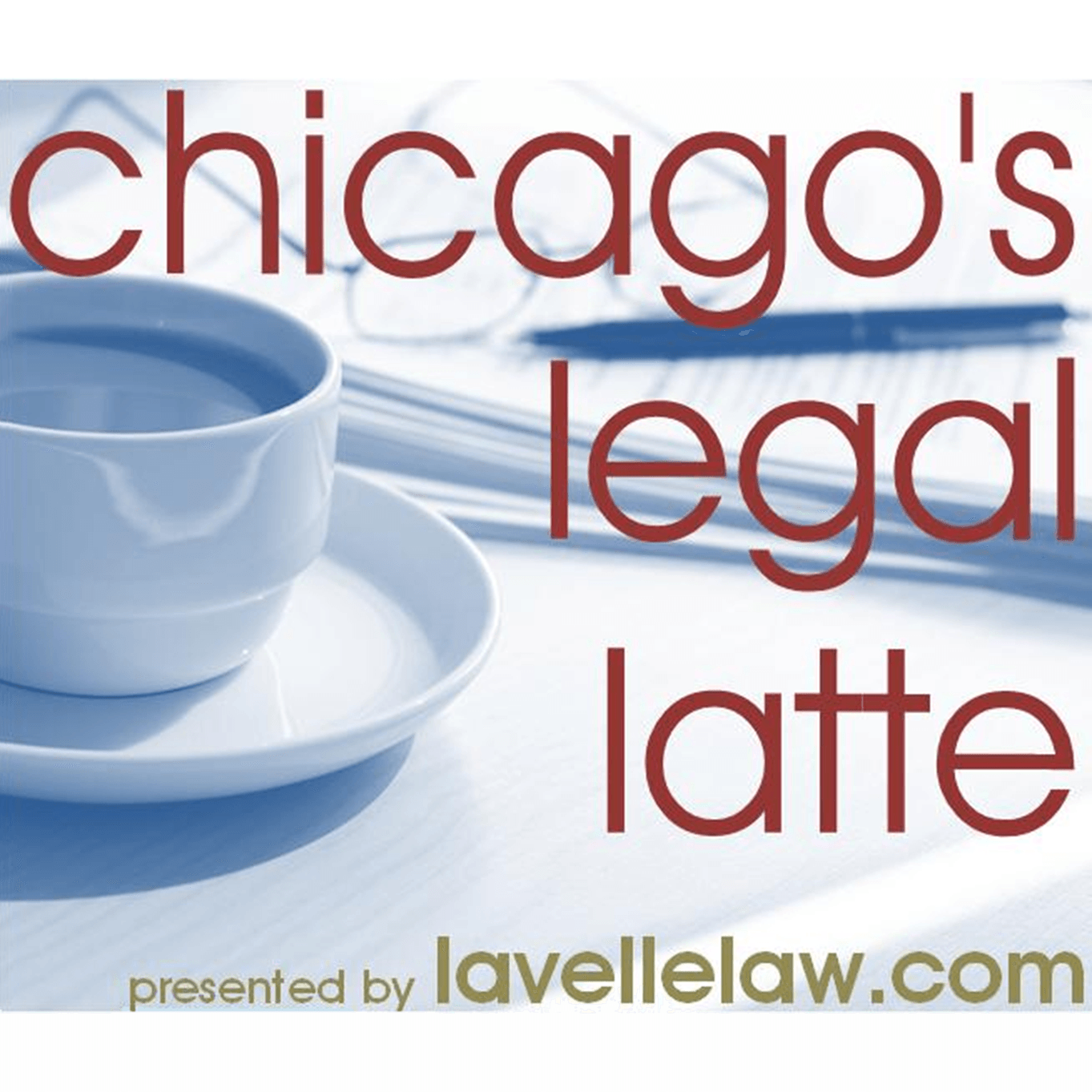Banking and Business Monthly – May 2021
EEOC Updates its Guidance on Vaccinations in the Workplace, Including Vaccine Incentives and Other COVID-19 Vaccine Issues

On May 28, 2021, the Equal Employment Opportunity Commission (EEOC) updated its informal guidance, in the form of “What you should know about COVID-19” Frequently Asked Questions (“FAQs”), concerning the return of employees to the worksite. Among the questions addressed are those relating to mandatory vaccination policies, the permissibility of employer vaccination incentives, and employer inquiries about employee vaccination status, among other vaccination questions. Below is a quick analysis of the guidance:
1. Requiring the Vaccine
According to the EEOC, the federal employment discrimination laws do not prevent an employer from requiring all employees physically entering the workplace to be vaccinated for COVID-19, subject to the reasonable accommodation provisions of Title VII, the ADA, and other federal equal employment opportunity (EEO) considerations, including concern with disparate impact. While the EEOC is silent regarding whether employers can mandate the vaccine for remote workers, the EEOC stated that employers can require COVID-19 vaccination with respect to all employees entering the workplace, so long as certain requirements are met. First, the qualification standard must be job-related and consistent with business necessity. Second, if a particular employee cannot meet such a safety-related qualification standard because of a disability, the employer may not require compliance for that employee unless it can demonstrate that the individual would pose a “direct threat” to the health or safety of the employee or others in the workplace, meaning a “significant threat of substantial harm” to the employee or others that cannot be eliminated or reduced by reasonable accommodation. This is an individualized inquiry looking at factors such as the current level of COVID-19 community spread; the extent of direct interaction the employee typically has with others during the workday; the proportion of individuals in the workplace who are already vaccinated; whether others will be wearing masks; and whether social distancing is practicable. The EEOC recommended that as a best practice, an employer introducing a COVID-19 vaccination policy and requiring documentation or other confirmation of vaccination should notify all employees that the employer will consider requests for reasonable accommodation based on disability on an individualized basis.
2. Vaccine Incentives
The revised FAQs provide that employers who wish to encourage, rather than mandate, COVID-19 vaccines may incentivize their employees to be vaccinated, although limitations apply when the employer (or its agent) administers the vaccine. Employers may offer unlimited incentives for employees to present proof that they have been vaccinated through third parties such as a government vaccination site, doctor, or pharmacy. However, if the incentive is tied to a vaccine provided by the employer or its agent then any incentive (which includes both rewards and penalties) must not be so substantial as to be coercive.
3. Vaccine Status Inquiries
The FAQs confirm that employers may ask employees whether they have received a COVID-19 vaccination, and may require proof of vaccination, without running afoul of EEO laws. Employers may not, however, ask follow-up questions (e.g., “Why are you not vaccinated?”) that could elicit disability-related information or genetic information, including information about the employee’s family medical history. Although employers may ask about vaccination status, the EEOC made clear that the “ADA requires an employer to maintain the confidentiality of employee medical information, such as documentation or other confirmation of COVID-19 vaccination. This ADA confidentiality requirement applies regardless of where the employee gets the vaccination. Although the EEO laws themselves do not prevent employers from requiring employees to bring in documentation or other confirmation of vaccination, this information, like all medical information, must be kept confidential and stored separately from the employee’s personnel files under the ADA.” This means that managers and supervisors ordinarily should not be told about an individual employee’s vaccination status.
For further inquiries or questions, please contact me at smigala@lavellelaw.com or at (847) 705-7555.
More News & Resources
Lavelle Law News and Events








STAY UP TO DATE
Subscribe to our newsletter
Lavelle Law, Ltd. | All Rights Reserved |
Created by Olive + Ash.
Managed by Olive Street Design.




